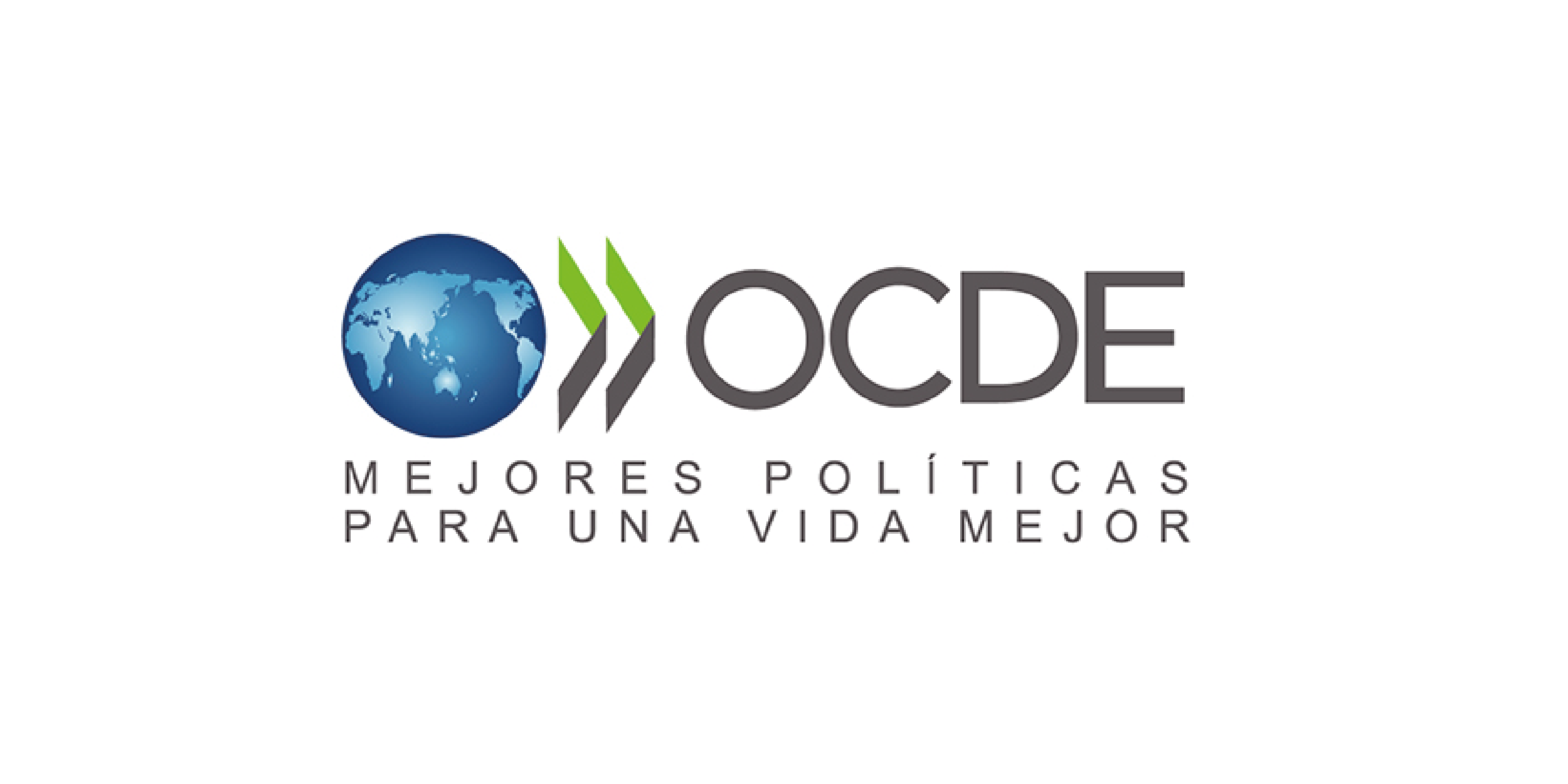
The Impact of Philanthropy on Economic Development
According to a new report by the Organization for Economic Cooperation and Development (OECD), private philanthropy plays a very important role in certain sectors of economic development. The following report uses global data to analyze how private foundations support development and provide recommendations for improving the use and application of these funding sources.
Gabriela Ramos, OECD Chief of Staff, states that philanthropy is increasingly important in efforts to eradicate poverty and provide access to health care. However, he argues that to take advantage of its potential, there is a need to improve coordination systems, data sharing, and policy dialogue.
According to the report, in the period 2013-2015, private foundations provided only 5% of total Official Development Assistance, equivalent to 23.9 billion of dollars. This fact revealed that these private sources provided considerable support in certain sectors, especially the health sector.
The report also found that the sources of philanthropic assistance are highly concentrated, that is, they come from a small group of organizations. In the period mentioned above, the twenty largest foundations provided 81% of the total philanthropic funding. In addition, the Bill and Melinda Gates Foundation provided nearly half of the philanthropic support for economic development (49%). Thus, nearly three-quarters of the grant originated from organizations based in the United States. After that, Great Britain, the Netherlands, Switzerland, Canada, and the United Arab Emirates are ranked.
On the other hand, the report found that the distribution of philanthropic grants is not equitable. Only 28% of funding benefited the least developed countries while 67% benefited middle-income countries such as India, Nigeria, Mexico, China and South Africa.
With respect to these data, the report provides recommendations for improving the use and distribution of private philanthropic funding for economic development. It therefore recommends that foundations work with greater coordination with governments in countries receiving financial support, especially in the health and education sectors. On the other hand, it suggests that these governments should seek to form a favorable environment to philanthropy, in the form of adapted regulations and the establishment of a legal status to provide tax incentives to foundations. Finally, the report states that foundations should take advantage of existing platforms to improve data transparency in the area of philanthropy.
With the support of this research, the OECD is forming a Centre of Philantropy to contribute to the global demand for better data and global analysis of philanthropy.
For more information, visit https://bit.ly/2J1Sl2S .

